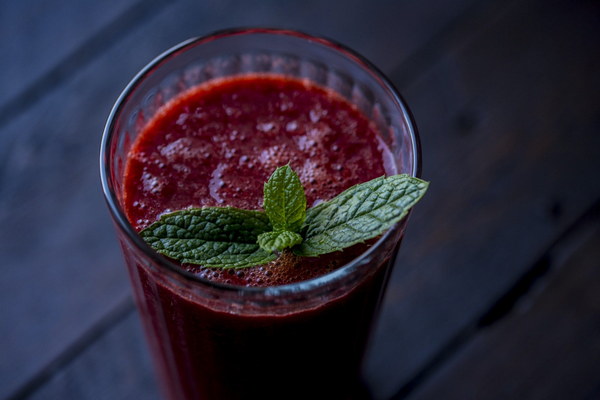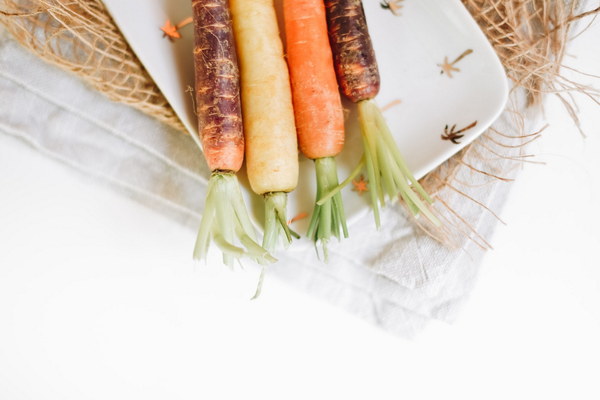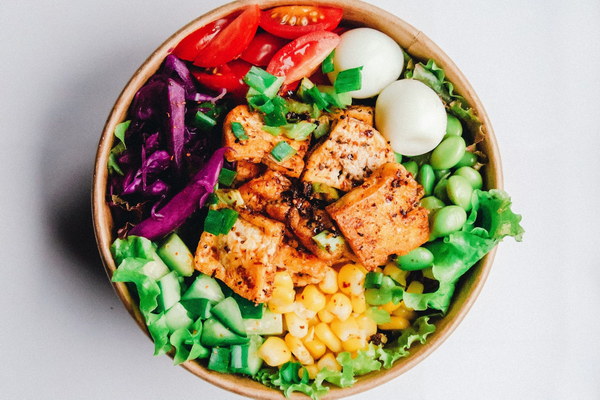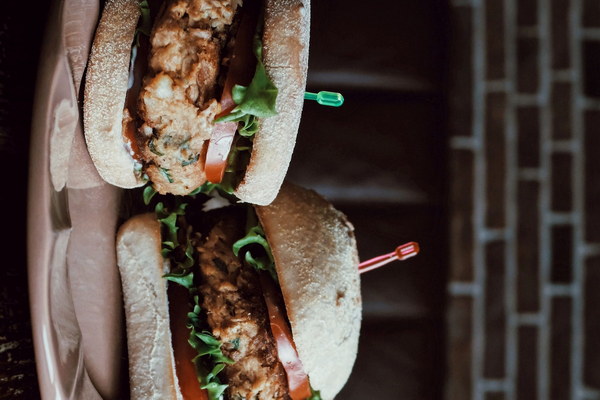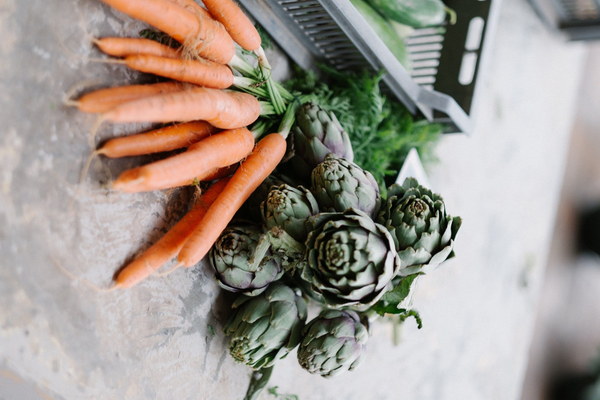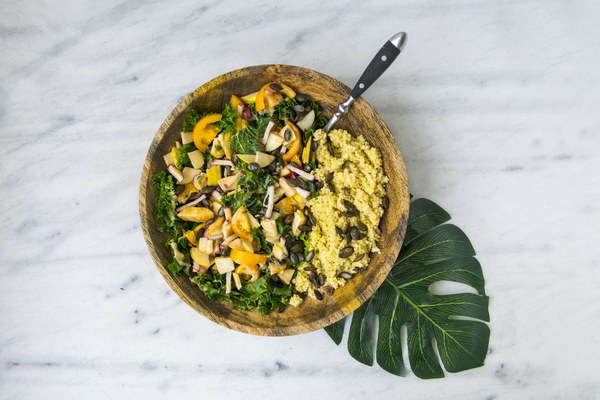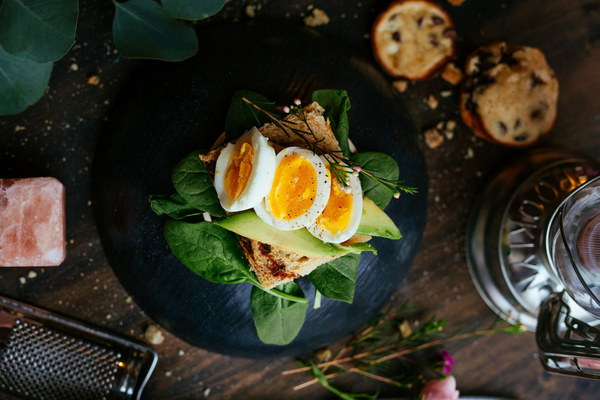The Art of Chinese Health Unveiling the Secrets from Ancient Texts
In the vast tapestry of Chinese culture, the pursuit of health and longevity has been a profound and enduring tradition. Rooted in ancient wisdom, Chinese health books have provided guidance for thousands of years, offering a holistic approach to well-being that encompasses physical, mental, and spiritual aspects. This article delves into the secrets found within these sacred texts, exploring the principles that have shaped the practice of Chinese health for generations.

The foundation of Chinese health lies in the concept of Yin and Yang, the ancient philosophy that describes the dynamic balance of complementary forces within the natural world. According to this principle, good health is achieved when Yin and Yang are in harmony. To maintain this balance, Chinese health books emphasize the importance of diet, exercise, and lifestyle choices that promote a healthy flow of energy, or Qi.
One of the most influential texts in the realm of Chinese health is the Huang Di Nei Jing, or The Yellow Emperor's Classic of Internal Medicine. This ancient tome, attributed to the legendary Yellow Emperor, provides a comprehensive guide to the practice of medicine and health in ancient China. It outlines the concept of Yin and Yang and explains how imbalances in these forces can lead to illness. The book also details various diagnostic methods and treatment techniques, emphasizing the importance of prevention and the restoration of balance.
Diet plays a crucial role in Chinese health, with a focus on the concept of food therapy. Traditional Chinese medicine (TCM) recognizes that different foods possess unique properties and can be used to treat specific ailments. For example, ginger is believed to warm the body and aid digestion, while green tea is known for its detoxifying properties. The Huang Di Nei Jing provides a detailed guide to the nutritional properties of various foods and their application in health and healing.
Exercise is another cornerstone of Chinese health, with practices such as Tai Chi and Qigong being particularly popular. These gentle movements focus on improving flexibility, balance, and mental clarity, while promoting the flow of Qi throughout the body. Tai Chi, in particular, is considered a moving meditation, as practitioners move slowly and deliberately, connecting their breath with their movements. Qigong, on the other hand, involves specific exercises designed to cultivate and enhance the body's energy.
Lifestyle choices also play a significant role in maintaining good health according to Chinese health principles. Adequate sleep, stress management, and social connections are all considered essential for a balanced life. Chinese health books often recommend meditation and mindfulness practices to help individuals stay grounded and connected to their inner selves. These practices not only improve mental well-being but also enhance the body's ability to heal and rejuvenate.
In addition to the Huang Di Nei Jing, other important texts have contributed to the development of Chinese health. The Shang Han Za Bing Lun discusses the use of herbal medicine in treating various illnesses, while the Yi Xue Xin Wu explores the relationship between the body and the mind, emphasizing the importance of emotional well-being. These texts, combined with the wealth of knowledge passed down through generations, have shaped the practice of Chinese health into what it is today.
As the world becomes increasingly aware of the importance of holistic health, the principles found within Chinese health books are gaining popularity. Modern research has validated many of the practices outlined in these ancient texts, highlighting their effectiveness in promoting well-being and preventing disease.
In conclusion, the secrets of Chinese health, as revealed in ancient texts, offer a timeless and comprehensive approach to well-being. By focusing on the balance of Yin and Yang, the integration of diet, exercise, and lifestyle choices, and the cultivation of mental and spiritual health, individuals can achieve a state of harmony and vitality. As we continue to explore and embrace the wisdom of these sacred texts, we can unlock the secrets to a healthier, happier life.
